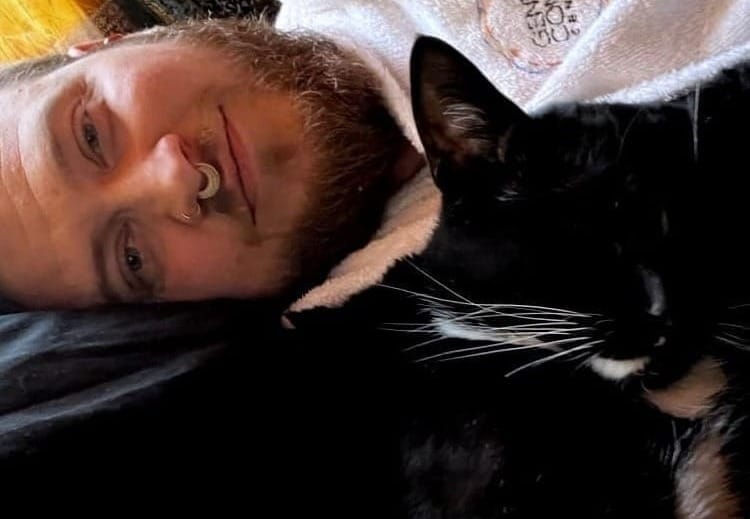Treatment.
When I first learned there was a crime victims compensation fund in every state, my reaction was a sort of breathless, game-show excited: “I’m a crime victim!” As in: Is this for me? Could some sort of help finally be available—for me? I was close to running out of money. In my late twenties and early thirties, I’d amassed some, working and working and hoarding and hoping to buy a house someday, and then I spent every penny of it on therapy bills and bills I was no longer earning enough to cover because going to work while surviving sex-abuse therapy—while surviving sex abuse at all—is very hard.
“They don’t,” my therapist said once when I asked how people processed and did regular full-time jobs at the same time. Plenty do, of course. But as Saint Judith Herman explained in the evergreen Trauma and Recovery, it’s an absolutely bonkers and often unachievable expectation. My therapist said that he had some clients who realized they really couldn’t, and they had partners paying their bills or disability or both. I had neither. And I had receipts for the tens of thousands of treatment dollars I’d spent. And I finally had gotten to a place, this past July, where I could fly back to where I was from and walk my trans ass into a police station in a red city in a red county in a red state and report that I’d been raped for a decade by a man I continued to fear for decades more, which was necessary—the filing of a police report—to apply for victims compensation.
But as to whether the money was for me, the short answer turned out to be, no, not really. After I filed the paperwork for reimbursement, theoretically up to $50,000 per person but with caps on each kind of expense, I was sent a denial citing a new law that imposed a filing deadline.
“The facts in this claim have been thoroughly reviewed and we recognize your loss,” read the letter from the Ohio Attorney General’s Office, which administers the Ohio Victims Compensation Fund, which has millions of dollars in it. “However, effective March 3, 2022, the law only permits an award if a Crime Victim Compensation Application is filed within three years of the date of the incident or, if the victim was a minor at the time, three years after reaching the age of 21 years old. RC 2743.56(B) and 2743.60(A)(2)(a).”
I hadn’t even remembered the crimes until I was 37, surviving as I was on dissociative amnesia. The new legislation had gone into effect four and a half months before I filed my report.
In conclusion, the Attorney General said, “Therefore, unfortunately, the law requires that your claim be denied.”
When I first got the news about the law, I cried. “It didn’t fix anything,” I said to my boyfriend, my weeping face pressed to his mattress. The compensation fund was one of the key factors in my having decided to subject myself to whatever conversation was going to unfold in the police station at all. After a lifetime of being neglected, by adults as a kid, by the legal system as an adult with no “proof,” as which my own detailed, lengthy, and multiple-therapist-supported testimony did not count, some token of financial reparation would have felt like recognition. Would have felt like accountability, where there had so gapingly, painfully been none. Like confirmation that what happened to me mattered.
Like I mattered.
“I did so much,” I sobbed to my boyfriend. “It didn’t change anything.”
“I witnessed your being changed,” he said.
I don’t know what the new filing deadlines in Ohio Revised Code 2743.56 and 2743.60 do but eliminate compensation for the majority of incest survivors and sex-abuse survivors, as well as many adult rape or domestic-violence survivors, untold percentages of whom would not be capable of filing claims for a host of emotional, physiological, logistical, or safety reasons—or would just be unaware, within that time, that compensation was even available. I can’t remember what weird internet hole I fell down to stumble on it myself. I can assure you that no one at the police station told me about it when I filed my report, and you don’t have to take my word for it because I wore a wire and taped the entire exchange.
But perhaps even more infuriating than the law itself, the Attorney General’s letter to me lies about it. The law doesn’t “only” permit awards to people who meet the deadline.
Ohio RC 2743.60, clause (d): “Notwithstanding divisions (A)(2)(a), (b), and (c) of this section, the attorney general is permitted to make an award of reparations at any time for good cause shown.” Notwithstanding the very clause the AG cited, the AG is fully in possession of the power to ignore the deadline for good cause.





